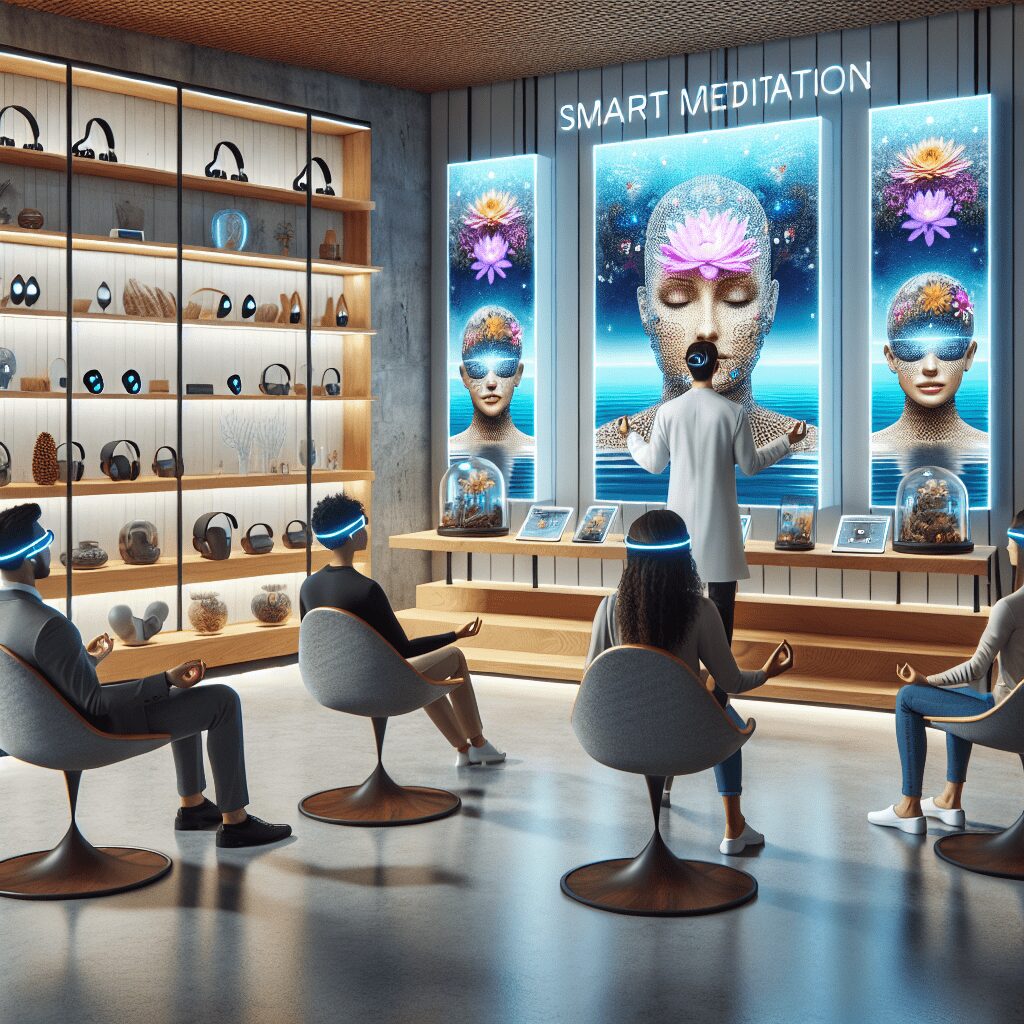
Prioritize your mental well-being daily. Enhance your life by nurturing your mental health with the Smart Meditation app. Break free from stress, alleviate anxiety, and enhance your sleep quality starting today.
Do Antidepressants Work On Lobsters?
Unveiling the Ocean’s Blues: Do Antidepressants Affect Our Clawed Friends?
It’s a question that might tickle your fancy or leave you scratching your head – do antidepressants work on lobsters? At a glance, it sounds like the start of a joke or a quirky curiosity that’s been plucked straight out of left field. But hold your seahorses, because there’s more to this tale than meets the eye.
The Science Behind Sea Creatures and Serotonin
Let’s dive a tad deeper into this underwater enigma. Lobsters, much like humans and other animals, are driven by a complex network of neurotransmitters, with serotonin playing a starring role. Serotonin, often dubbed the “happy chemical,” is crucial for mood regulation, social behavior, and general well-being in humans. So, it stands to reason that if antidepressants, which typically tweak serotonin levels, work wonders in humans, they might just have a similar effect on our crustacean comrades, right?
Well, it’s not all plain sailing. The way antidepressants interact with serotonin in humans is intricately tied to our highly evolved neurological frameworks. Lobsters, despite having serotonin pathways, have a vastly different nervous system compared to humans. Their brains (or more accurately, their nerve ganglia) are simpler. However, that doesn’t mean they’re completely immune to the biochemical siren call of antidepressants. Studies have shown that exposure to certain antidepressants can indeed alter lobster behavior, making them less cautious or altering their social hierarchies. But here’s the rub – it’s less about lobsters getting a mood boost and more about how these drugs tamper with their natural instincts.
Ecological Concerns and Accidental Antidepressant Baths
The broader, and perhaps more pressing, question isn’t whether lobsters are queueing up at the pharmacy but the ramifications of antidepressants seeping into our waters. Yep, you read that right. With millions of people taking these drugs, trace amounts can end up in rivers, seas, and oceans through wastewater. Thus, unwittingly, aquatic life, including our dear lobsters, are being dosed on a regular cocktail of pharmaceuticals.
This accidental experiment highlights a critical environmental issue. The impact of human medication on marine ecosystems is still a relatively uncharted territory, but early indicators suggest it’s not all hunky-dory under the sea. Behavior changes in lobsters and other marine animals could tweak food chains and ecological balances in ways we’re only beginning to understand.
So, What’s the Verdict?
Back to our original mollusk-related conundrum: do antidepressants work on lobsters? In a nutshell, yes and no. Yes, these medications can affect their behavior due to the universal language of serotonin. But no, we’re not about to open a lobster therapy clinic anytime soon. The effects are more cautionary tales about pharmaceutical pollution rather than evidence of crustacean mental health breakthroughs.
The key takeaway? One of conservation and awareness. As we wrestle with our mental health challenges and seek remedies, it’s crucial to remember our actions ripple out, affecting more than just our species. Ensuring the well-being of our marine friends and their habitats requires understanding and mitigating the impact of our pharmaceutical footprint. So, next time you’re contemplating the mysteries of the deep, spare a thought for the lobsters – navigating the ocean’s currents and, unknowingly, the waves of human influence.




